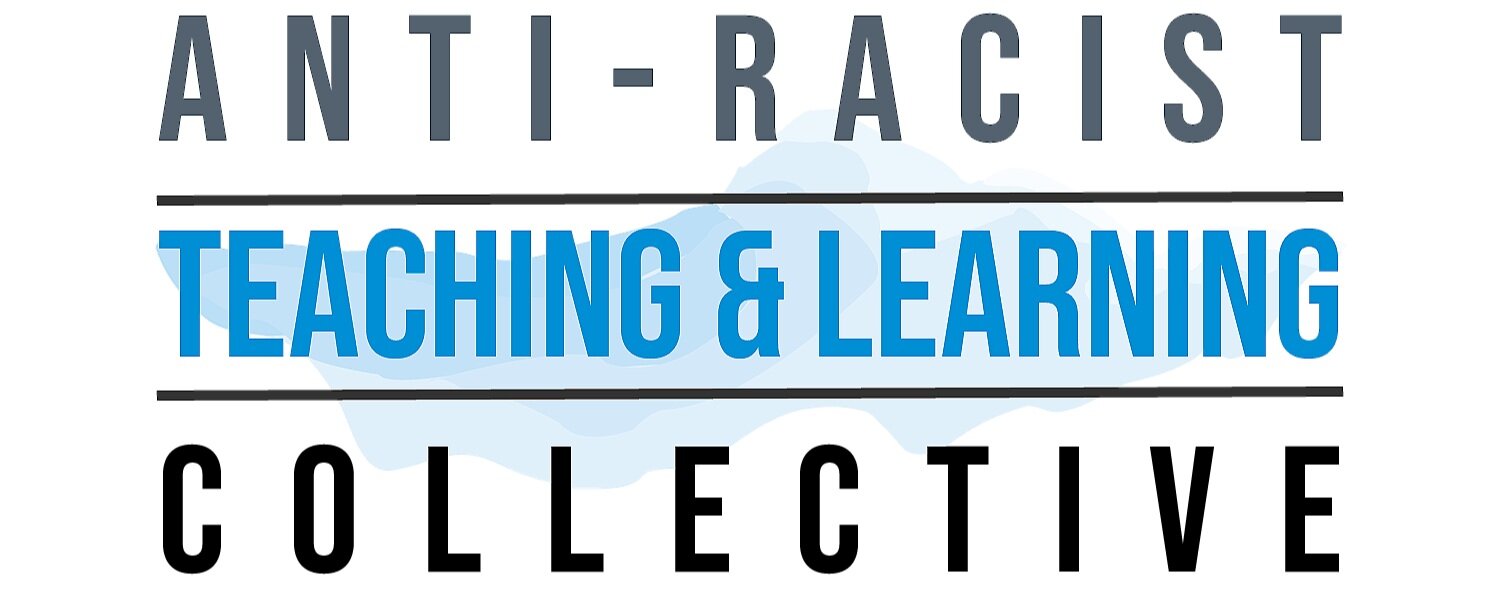Teachers participate in inaugural Community of Practice
Teachers share challenges and strategies in inaugural “Community of Practice” group.
Over three weeks in December 2020, the ARTLC hosted its inaugural teacher-led “Community of Practice” — a collaborative space for K-12 teachers across the state to discuss challenges they’ve faced in the classroom and share strategies going forward.
Ten teachers from across the state participated in the three one-hour sessions, which were led by Nataliya Braginsky, a social studies and English teacher at New Haven high school Metropolitan Business Academy.
For the first session on December 2, the group focused on questions of student engagement and student voice. After an icebreaker activity, teachers discussed struggles they’ve encountered on the topic, including difficulties reaching out to and getting to know students who aren’t engaging, and how much they should lower or adjust their expectations in the classroom. Finally, they compiled a document of strategies they’ve used to increase student engagement, ranging from the interactive Google Slides plugin Peardeck to collaborative arts performance projects. They discussed how they might adapt others’ ideas for their own classrooms. A high school teacher described how she planned on trying a 2nd grade teacher’s strategy for “passing objects” to indicate speaking turns over Zoom, and others discussed how they would explicitly ask their students, “What do you need from me?” to increase communication and engagement.
The second session, on December 7, focused on issues of equity and assessment during the pandemic. The conversation followed a Critical Friends Group protocol, a structure for discussing issues and their broader questions. Three teachers shared specific problems they’ve faced related to the question, “How can we ensure that none of our students are failing our classes when we are teaching and learning during a pandemic?” Then, the group discussed the presenters’ situations, touching on topics such as uneven implementation of the 50 percent rule among colleagues, ideas for new assessment scales that incorporate student self-assessment and qualitative information, and how to navigate conflict with administration. The presenters responded with reflections on their situations and takeaways from the group discussion. Finally, the whole group debriefed, consolidating thoughts on how to build community with colleagues, how to think critically about what exactly they’re assessing (completing the assigned work, showing aptitude and drive, etc.), and more.
Finally, the final session on December 16 focused on themes of wellness and joy. Teachers shared answers to the question, “What was the class/moment when you and your students felt the most joy/connection/sense of possibility?” Then, they had time to individually reflect on their fall semester experiences and brainstorm goals for the spring semester. They shared their thoughts, ranging from creating more balance to engaging and organizing with like-minded colleagues. The session closed out with a discussion on organizing possibilities and next steps.
“In a time when we are overloaded with work and overwhelmed by isolation, connecting with fellow teachers through this community of practice has been a gift,” Braginsky said. “We have had nuanced discussions about the US education system and our roles as educators trying to carve out more justice and liberation within it. We have also engaged in activities and conversations sharing critical tools that we’ve been able to implement immediately in our classrooms. This community of practice has been living proof that intentional time and space for teachers to work together is vital for our well being and success.”
The next Community of Practice will be held in February 2021. Participating teachers are paid a stipend of $100 as compensation for their time.
Written by the ARTLC Team.

